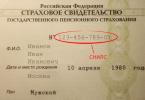Citizenship is an inextricable link between a person and the state apparatus. This is a key political and legal institution of a democratic country, establishing the basis of its constitutional system. The importance and value of citizenship is emphasized in many laws, including the Constitution of the Russian Federation. Our article will examine the Law “On Citizenship of the Russian Federation” - the most important regulatory act regulating the legal status of all Russians.
Russian citizenship: concept and principles
Federal Law No. 62 “On Citizenship of the Russian Federation” consists of nine parts. The first part gives a general description of the concept. Citizenship refers to the legal affiliation of a person to a particular state. In other words, the country recognizes a person as a full-fledged subject of constitutional and legal relations. It is important to understand that a person remains a citizen of his state, even while abroad. The legal status imposed on a person from birth creates a certain share of responsibility. However, citizenship is not only a responsibility, but also a number of important rights. The interests, freedoms and rights of Russian citizens are protected by the state.
Citizenship is not a factual, but a legal state. A person who has certain legal ties with his state retains them even when leaving the country. It is possible to break existing ties only through a special procedure - termination of citizenship.
The Constitution and the Federal Law “On Citizenship of the Russian Federation” establish a number of principles that determine the essence of legal relations between a person and the state. The following should be highlighted:
- Unity of citizenship. The federal structure of the country presupposes the residence of many different peoples, ethnic groups and national groups in Russia. However, all residents of Russia have the same citizenship, that is, a single one.
- Equality of citizenship. Regardless of the reasons for its acquisition, every person living in Russia has equal rights, responsibilities and freedoms.
- Free nature of citizenship. A Russian citizen has the right to renounce existing legal ties with his state. The right to secede involves the termination of citizenship by mutual consent.
- Extraterritoriality of citizenship. A person’s residence outside Russia does not terminate or cancel legal ties with the state.
- Inalienability of citizenship. No one can deprive a person of legal ties with the state.
Thus, Russian citizenship is a complex legal relationship between a person and the state.
Legal status of a citizen of the Russian Federation
It has a number of rights and obligations that combine into a legal status. All privileges of Russians are enshrined in Chapter 2 of the Constitution of the Russian Federation. The country's Basic Law proclaims that every citizen has an equal set of rights and freedoms that can be exercised on Russian territory. Jurisprudence divides human rights into five groups:
- personal;
- political;
- economic;
- social;
- cultural.
In the comments to the Federal Law "On Citizenship of the Russian Federation" you can see the characteristics of each group. It is believed that the totality of personal freedoms includes the right to life, health, family, free work and other basic things. Political rights give a person active and passive suffrage. Thus, a Russian is capable of electing or being elected. However, persons with two or more citizenships are significantly disadvantaged in passive suffrage. They cannot work in some state and municipal institutions.
The group of economic rights includes the ability to trade and buy. The Constitution enshrines a market economy and freedom of economic space, and therefore a person in Russia is able to carry out entrepreneurial activities.
The group of social rights includes various benefits and compensation. A person in Russia has the right to a pension, free education, medicine and much more. Finally, Russian citizens have extensive cultural rights. They are able to independently choose ideology and religion, engage in creativity, receive education and be enlightened in every possible way.
The articles of the Law “On Citizenship of the Russian Federation” say little about the meaning of legal status for a Russian. But, having understood its composition and analyzed each group of rights, one can understand how important the institution of citizenship plays.
How to obtain Russian citizenship?
There are two principles on which the procedure for acquiring Russian citizenship is based. This is the "law of the soil" and the "law of the blood." Thus, citizenship is acquired by a person born on Russian territory or a person whose parents are Russian. According to the law, there are five ways to obtain Russian citizenship.
The first option for acquiring Russian legal status is called filiation. This is citizenship by birth. There are five types of filiation:
- Both parents or one parent have Russian citizenship; the child’s place of birth is not important.
- One parent is Russian, nothing is known about the second.
- One parent is Russian, the other is a foreigner. The child's place of birth must be Russia. However, if the state where the child was born does not want to grant him citizenship, then the child has the opportunity to become a Russian citizen.
- Both parents are foreigners, but the state where the child was born does not want to grant him citizenship.
- Nothing has been known about the child’s parents for more than six months.
The second option for acquiring Russian citizenship - In this case, an adult must have continuously resided in Russia for more than five years. Fluency in Russian and having a legal source of finance are basic conditions.
The Law “On Citizenship of the Russian Federation” establishes a third option for obtaining Russian legal status - this is the so-called restoration. If a person already had Russian citizenship, speaks Russian and earns money legally, then he will be able to obtain the coveted citizenship after three years.
The option is the most unique form of obtaining citizenship. This is the recognition of a person as a Russian as a result of changes in the state borders of the Russian Federation. An example of an option could be observed in 2014, when Russia recognized Crimea as part of its territory. The option can be active - when citizens manually draw up new documents, and passive - when citizenship is generated automatically. In Crimea, citizenship was obtained through an active form of option.
The last option for acquiring Russian status is the following procedure. The Law “On Citizenship of the Russian Federation” states that minor children “follow” the legal status of their parents if the latter have received Russian citizenship. The child thus becomes a Russian citizen along with his parents.
According to Article 16 of Law FZ-62 “On Citizenship of the Russian Federation”, the following persons cannot obtain or restore Russian legal status:
- those advocating a violent change in the constitutional framework in the country;
- previously participated in armed conflicts against the Russian Federation;
- those in military service or in the security forces of a foreign state;
- having an unexpunged or unexpunged criminal record;
- persecuted by law enforcement agencies for committing a crime;
- who provided false documents for citizenship.
According to the law "On Citizenship of the Russian Federation", the Russian Federation is one of the few countries that allows dual citizenship. For example, in neighboring Ukraine a person cannot have more than one passport. To obtain foreign citizenship, it must terminate relations with the Ukrainian state authorities.
Simplified procedure for obtaining citizenship
Article 14 of the Law “On Citizenship of the Russian Federation” describes a simplified procedure for acquiring Russian legal status. Thus, the procedure for obtaining citizenship by naturalization can be shortened to one year if a person has special merits. For example, he can be a scientist, a good specialist, an outstanding cultural figure, etc. The state will independently evaluate the merits of a person, study his biography and portfolio. Only then will it make an appropriate decision.
There are many examples of quickly obtaining citizenship for special merits. In particular, this is the situation with Gerard Depardieu, who wanted to hide from high taxes, or Steven Seagal obtaining Russian status. A large number of athletes who were “bought” into the Russian national team also received citizenship in a short time.
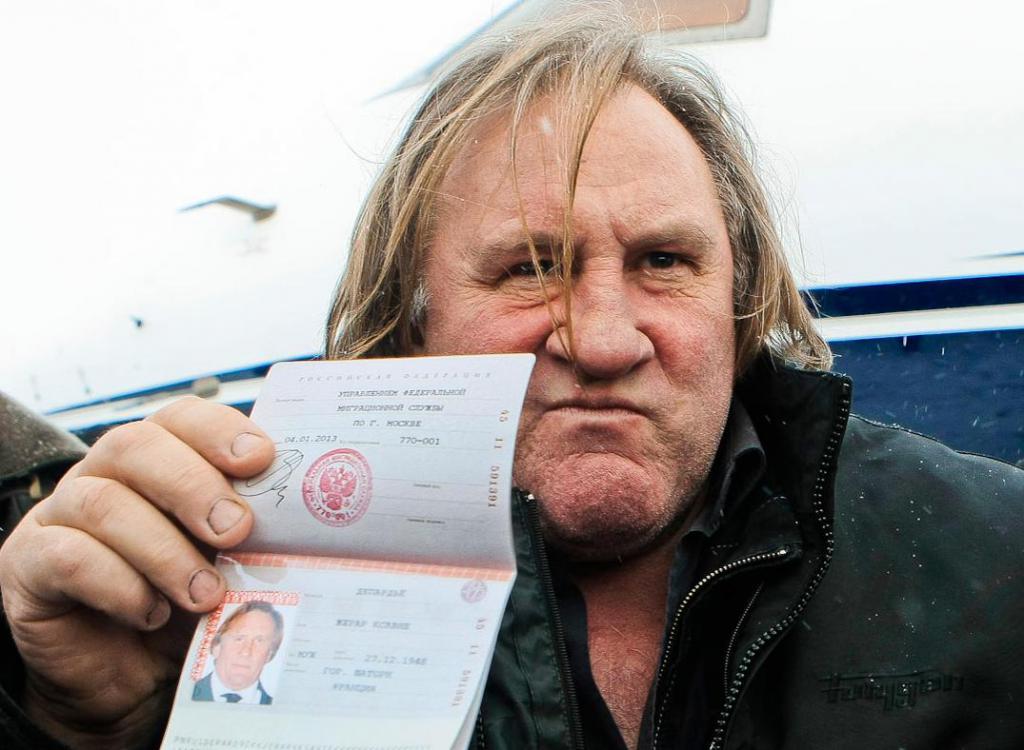
The second option for simplified acquisition of Russian citizenship by law is birth on the territory of the RSFSR or the presence of ancestors in the family who had USSR citizenship. By collecting the required number of documents and proving your involvement in Soviet Russia, you can quickly obtain the desired legal status.
- married to a Russian citizen for more than 3 years;
- have received Russian education for more than three years;
- participants in the state program for the speedy resettlement of compatriots from other countries to the Russian Federation;
- having disabled children;
- entrepreneurs who have paid at least 1 million rubles in taxes to the Russian treasury. for 3 years;
- large investors.
Thus, it is quite possible to obtain Russian legal status in a short time. The law simplifies obtaining Russian citizenship in clearly defined cases.
Resolution of citizenship cases
Having understood the main options for obtaining citizenship, you need to pay attention to the corresponding legal procedure. The application for citizenship is made in writing and submitted in person. According to the new law on obtaining Russian citizenship, the document must be sent to the authority in charge of citizenship matters. This could be the Ministry of Internal Affairs, the Presidential Administration or the Citizenship Commission. If the application is drawn up illiterately or has other shortcomings, the document is returned for revision.
The application for acquisition of citizenship must be notarized. If the document is submitted in Russia, a state fee will be charged. An applicant from a foreign country will pay a consular fee.
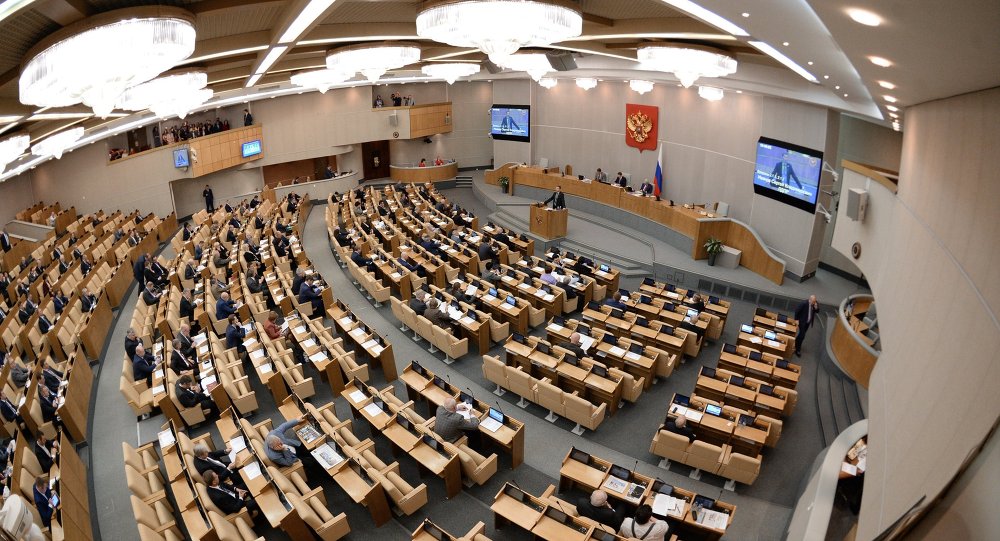
Many bureaucratic problems can arise for people with children. Notarization of all submitted documents and copies thereof will be required. If only one parent receives Russian citizenship, then the consent of his spouse will be required to change the legal status of the child.
All decisions on citizenship issues are generally made by the head of state. Applications are reviewed within one year. At the same time, applications for admission to citizenship according to a simplified procedure are considered by the federal bodies of internal and foreign affairs, as well as the relevant regional authorities. The maximum period for consideration of such applications is six months.
According to Article 10 of the Law of the Russian Federation "On Citizenship of the Russian Federation", the main document certifying Russian legal status is a passport. It directly indicates a person's citizenship. Every Russian citizen over the age of 14 has a passport. The pages of the identity card indicate the citizen's first, last and patronymic names. The passport plays a formal role. This document is not needed for a person to acquire civil responsibilities and rights. However, the lack of a passport entails a considerable number of problems. The citizen will not be easily identified; he will not be able to obtain a driver's license, military ID or foreign passport. For the loss of a passport, a fine is established according to the Code of Administrative Offenses of the Russian Federation.
Thus, the procedure for obtaining citizenship is lengthy and ends with the issuance of a passport. This rule was applied earlier, at the time of the old Federal Law “On Citizenship of the Russian Federation” of 1991. The new Law, adopted in 2002, preserved the procedure for obtaining citizenship, but added minor details to the procedure.
Methods for terminating Russian citizenship
There are three options for eliminating Russian legal status. According to the Law “On Citizenship of the Russian Federation” of 2002, this is a change, a reverse option and a voluntary exit.
The first option is the reverse type of "following". Russian citizens, renouncing their legal status, take away this status from their minor children. However, it is impossible to sever relations with Russia if you do not have citizenship of a foreign state. Therefore, instead of “termination”, the concept of “change” of status is appropriate.
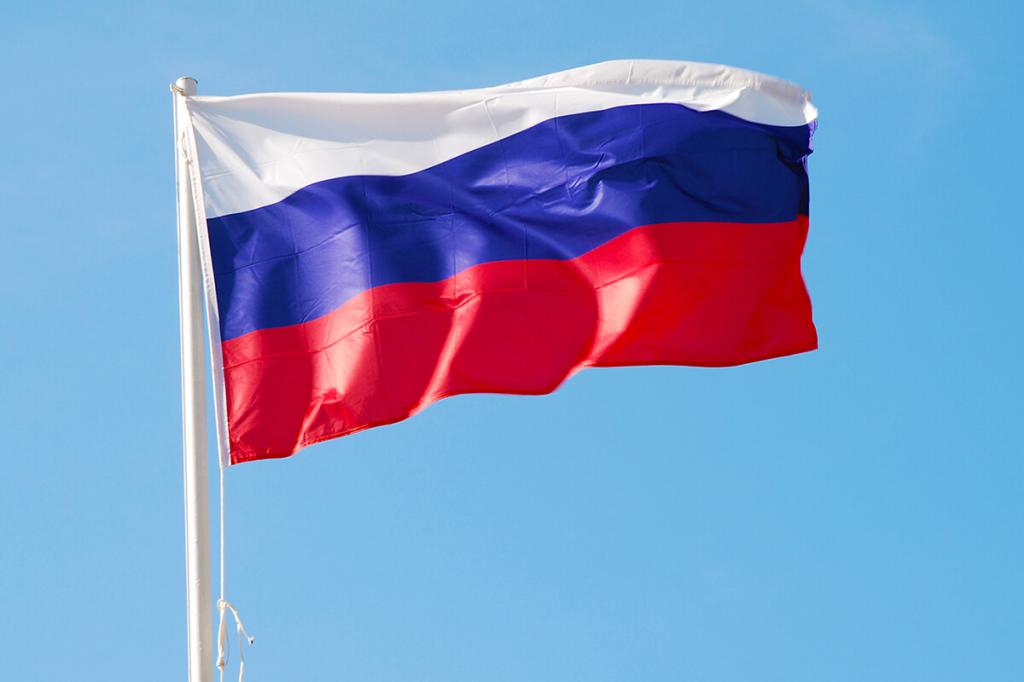
A reverse option represents a withdrawal from Russia in the event of a change in borders. For example, the Russian authorities will plan to transfer Siberia to China. All residents of Siberia, accordingly, will acquire Chinese citizenship.
The last and most common option for terminating Russian citizenship is called voluntary withdrawal. In this case, the citizen submits an application to the authorities. You can renounce citizenship only if there are no obligations to the Russian Federation. The citizen must not have any debts or criminal records. In this case, the applicant must prove that he has foreign citizenship.
There is no simplified procedure under the law. A person is able to terminate legal ties with Russia within a clearly defined time frame.
State bodies and Russian citizenship
Which government agencies are in charge of matters related to Russian citizenship? According to Article 89 of the Constitution, only the President is responsible for granting legal status. He has the right:
- admit foreigners and stateless persons (stateless persons) to Russian citizenship;
- give permission to renounce Russian citizenship;
- cancel the decision on admission to Russian citizenship;
- grant honorary citizenship;
- allow a citizen to have two citizenships at once.
On all issues adopted, the President is obliged to issue Decrees. All other bodies related to resolving bureaucratic issues are only doing preparatory work. The head of state may form a special commission on citizenship issues if the problem of obtaining legal status becomes particularly acute. According to the Law “On Citizenship of the Russian Federation” (as amended in 2017), such a commission makes proposals to the President on each petition. Simply put, it helps decide who should be granted citizenship and who should not. When considering applications, the commission objectively and comprehensively considers each applicant. She evaluates his status, age, professional activity and other details.
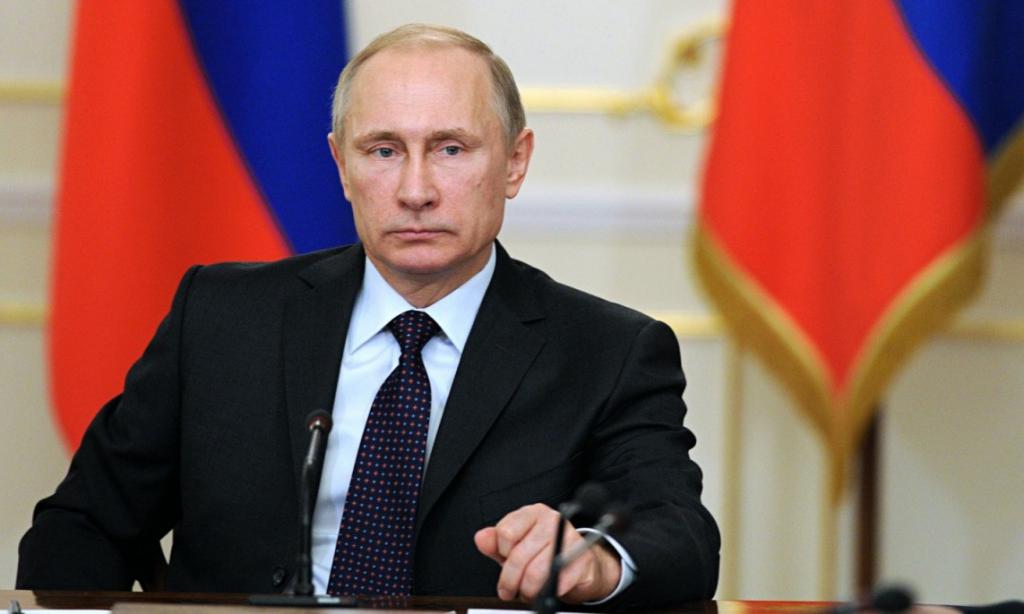
The new law on citizenship of the Russian Federation states that the Ministry of Internal Affairs and its regional authorities have only auxiliary powers. The executive bodies perform the following functions:
- acceptance of applications and petitions on issues of obtaining citizenship;
- verification of all facts and documents presented in support of statements;
- sending petitions to the Presidential Administration or the Citizenship Commission;
- determination of the nationality of persons submitting applications.
Thus, obtaining citizenship is a complex and multifaceted procedure that is implemented by many government agencies.
Double citizenship
The Russian Federation Law “On Citizenship” recognizes the possibility of obtaining several passports from different countries. A Russian may have two or more citizenships, but only in cases established by Federal Law or an international treaty. It also follows that citizens of foreign countries have the right to retain citizenship of their native country when receiving Russian legal status. Moreover, in Russia such a foreigner will be considered only as a Russian citizen, albeit with the status of a bipatriate.
Dual citizenship can be recognized only if Russia has concluded an international treaty with the relevant foreign state. For example, in 1995 such an agreement was concluded between Russia and the Republic of Tajikistan. At the same time, it is important to realize that having two or more citizenships creates a considerable number of difficulties. This is military duty, payment of taxes and other issues. Moreover, Russian laws provide for some restrictions for bipatrids. They concern mainly passive voting rights.
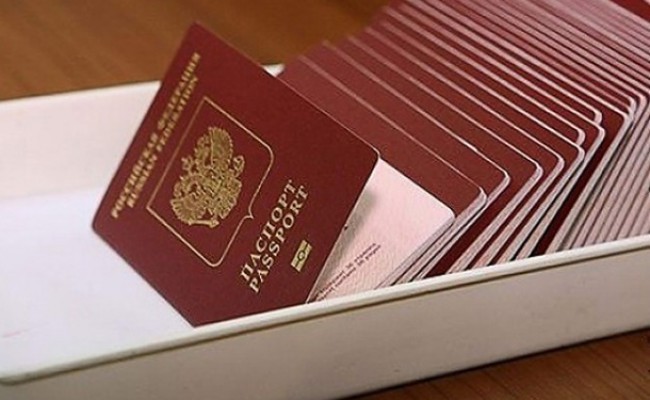
Dual citizenship is verified by the relevant government authorities. All orders are adopted by the President of the Russian Federation, preparatory work is carried out by executive bodies.
The Law “On Citizenship of the Russian Federation” (as amended in 2017) also describes stateless persons - stateless persons. According to the normative act, stateless persons are people who do not have evidence of their belonging to a particular state. The Russian Federation is trying to fight stateless people as a negative and harmful phenomenon. Our state is based on Article 15 of the Universal Declaration of Human Rights, which states that every person has the right to a nationality.
For foreigners and stateless persons in Russia, a special “national regime” applies. It means that any person located on the territory of the Russian state is obliged to comply with national laws. Deviation from the national regime is permissible only within the framework established by the Constitution and international treaties.
Changing the citizenship of children
Issues related to the legal status of children are enshrined in Chapter 5 of the Law “On Citizenship of the Russian Federation”. The acquisition of citizenship by minors often occurs automatically when the legal status of their parents changes. This is the original principle aimed at ensuring equal citizenship for all family members. However, children themselves often express a desire to retain their old legal status. The law also takes this point into account. Children aged 14 to 18 years are required to give their consent to receive Russian citizenship. Persons who have reached the age of majority can change their legal status on a general basis.
A similar approach is used in adoption. A Russian child adopted by foreigners retains the citizenship of the place where he was born. If the parents insist on changing the legal status of the child, then Russia will meet them halfway. The only condition for adoptive parents is to provide a statement that the adopted child will not become stateless (stateless person). If a child is adopted by spouses, one of whom is Russian and the other a foreigner, then Russian citizenship can be obtained in a simplified manner, regardless of place of residence.
All disputes between parents, guardians, children and the Russian state can only be resolved in court. The new citizenship law establishes the interests of the child as paramount.
Legal status of foreigners in Russia
The Law "On Citizenship of the Russian Federation", adopted in 2002, establishes a number of requirements for persons who are on the territory of Russia, but do not have Russian citizenship. A number of questions arise here: how long can a foreigner stay on Russian territory? What rules and regulations does he have to follow? Is it possible to extend the period of stay in Russia? Chapter 8 of the Law “On Citizenship of the Russian Federation” provides answers to all these questions.
The rules on Russian legal status adopted in 2002 were based on a number of principles already outlined above. This is equality, legality, unity of rights and much more. Most of these principles can be applied to foreigners staying in Russia. The personal rights of all foreigners in the Russian state are equal. The only responsibility of such persons is to comply with Russian laws.
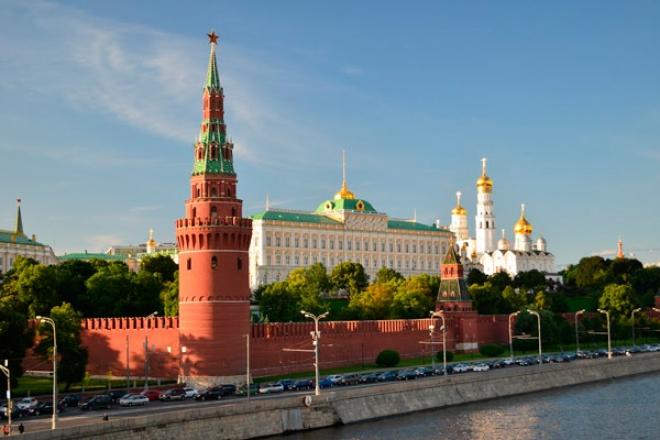
The length of stay in Russia depends on the visa issued. The duration of temporary stay in the country cannot exceed 90 days. When concluding labor or civil agreements, foreigners can stay in Russia for no more than one year.
Temporary stay should not be confused with temporary residence. Foreigners can live in Russia for up to 3 years if they do not have a criminal record in their homeland, do not engage in extremist or terrorist activities, and also have the ability to provide themselves with the required amount of finances. A foreigner is also able to obtain a residence permit. It is issued for five years and can be continuously renewed.
A foreigner has the right to reside in the Russian Federation by invitation. Labor or educational organizations often send out statements to foreigners about their desire to cooperate. All applications are prepared by the Russian Government and then sent out on its behalf. Foreigners wishing to immigrate to Russia are required to obtain an immigration card. This is a special document notifying the employment of a foreign citizen on the territory of the Russian Federation.
Foreigners living in Russia have the right to rest, education, work and much more. They have the full range of civil liberties. The only exception is political rights. Only Russian citizens can vote and be elected.
Foreigners, along with Russians, have certain responsibilities. They must comply with laws, take care of nature, preserve cultural monuments and pay taxes. The only duty from which they are exempt is military service. If legal obligations are not observed, deportation procedures may be applied to foreigners - outside the borders of Russia.



